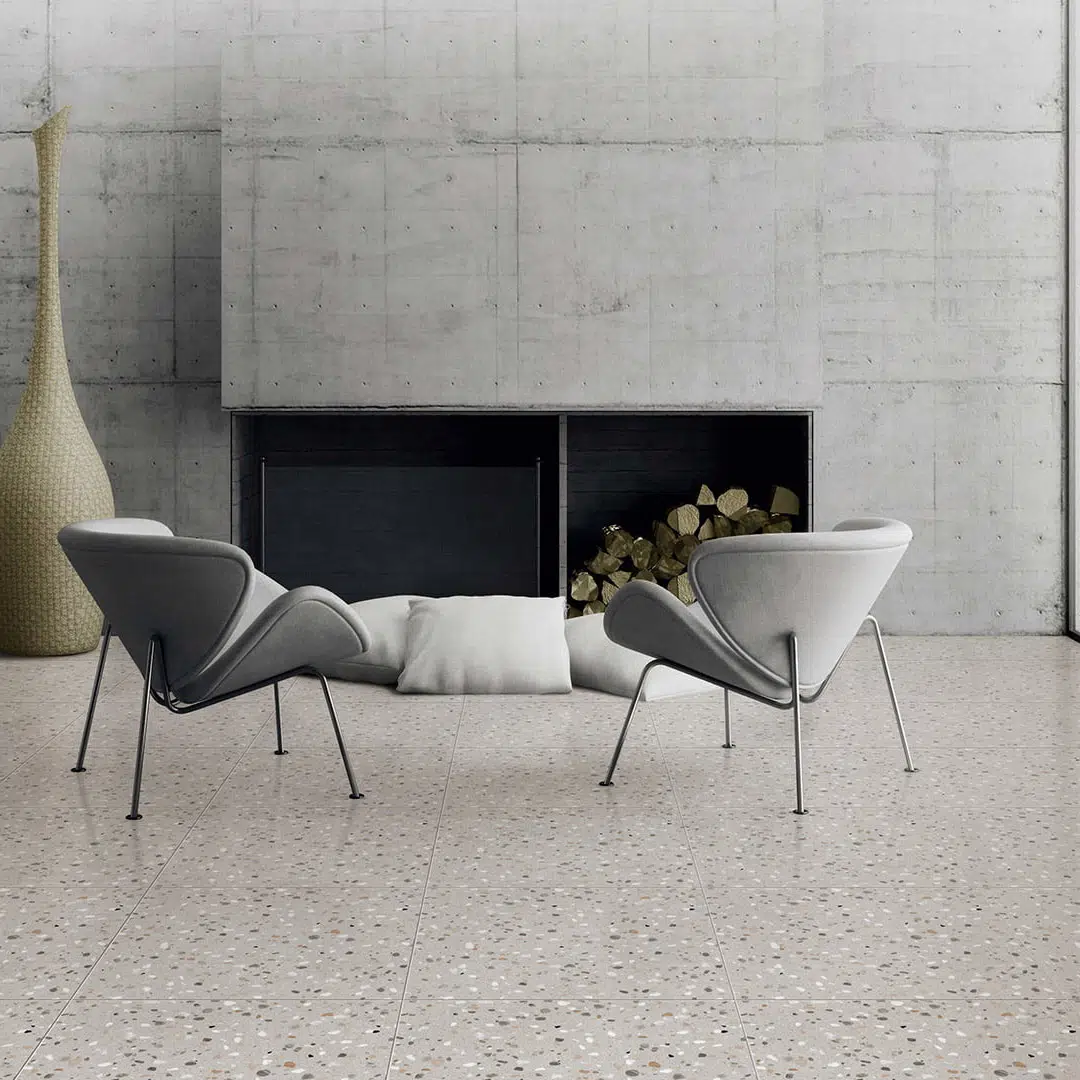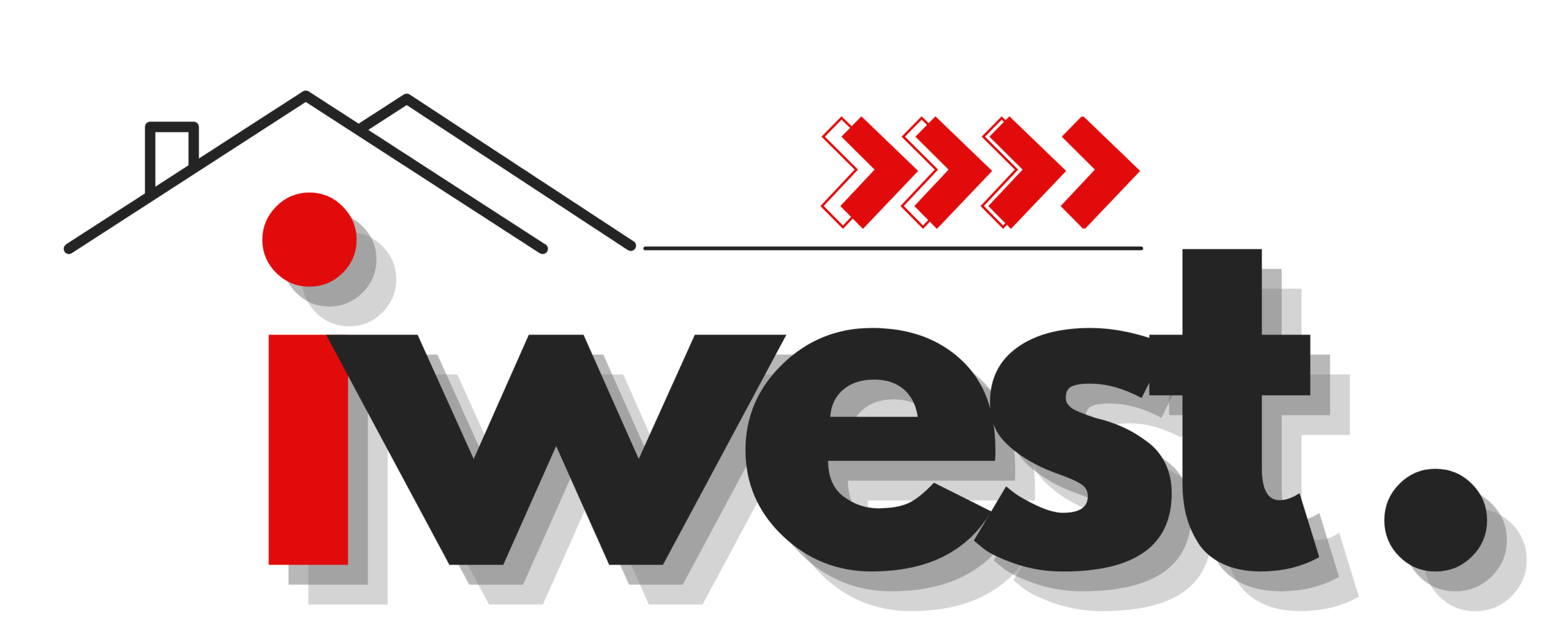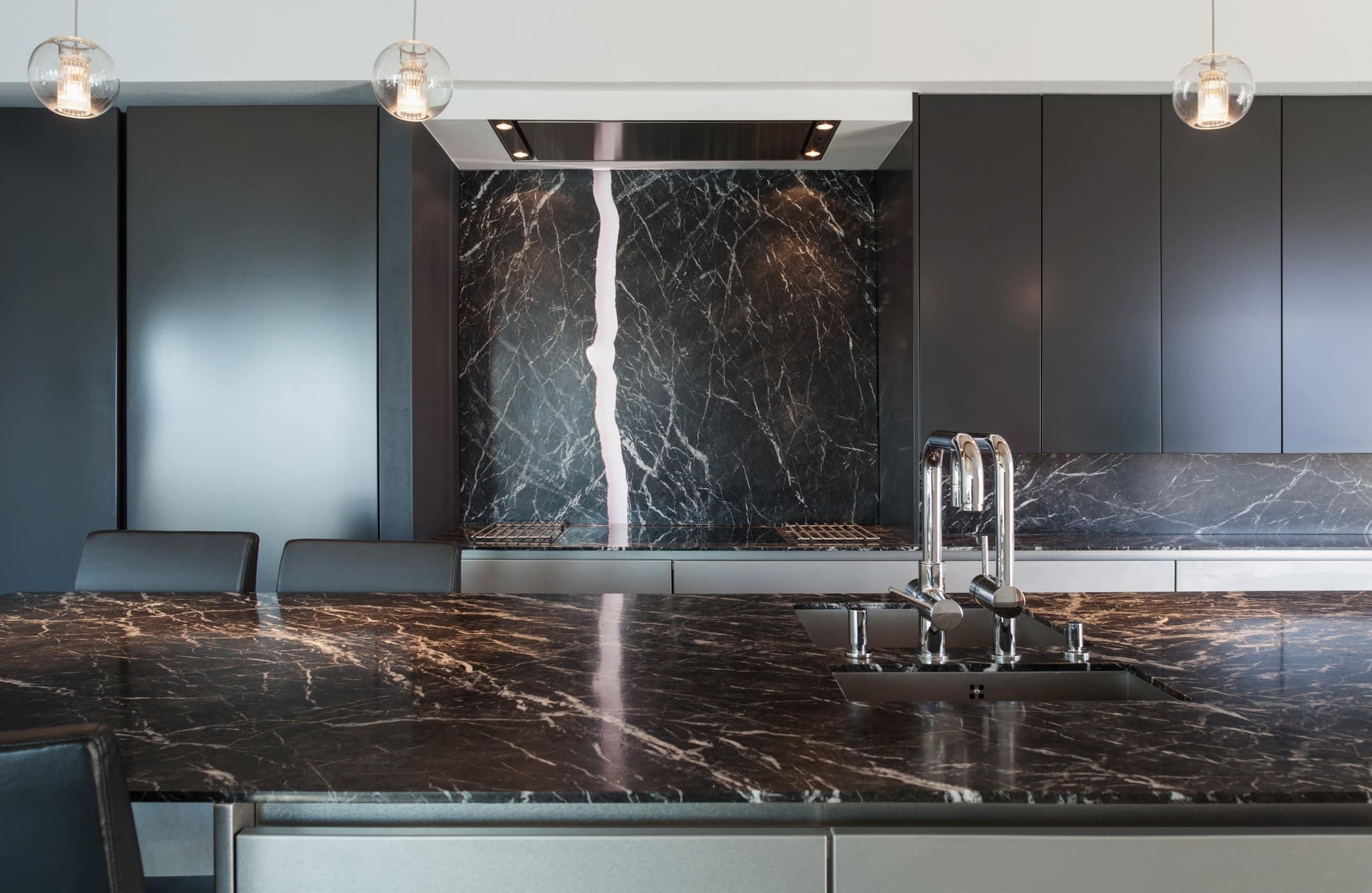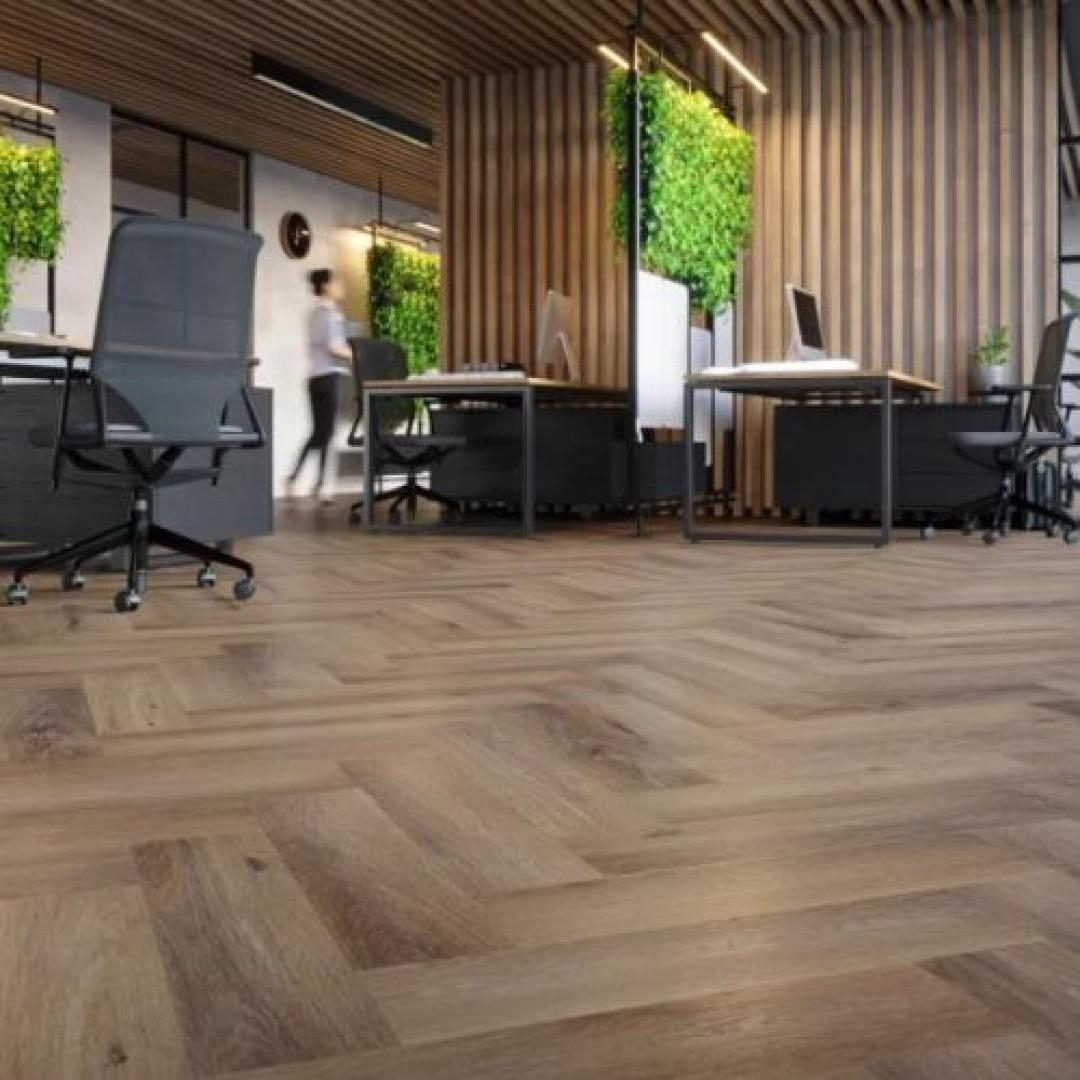
A Comprehensive Guide to Smart Home Renovations
Integrating smart technology into your home renovation can significantly enhance convenience, efficiency, and security. Here’s a comprehensive guide to help you seamlessly incorporate these innovations into your project:
1. Plan Ahead
Begin by identifying your specific needs and goals for smart home integration. Determine which aspects of your home—such as lighting, climate control, security, or entertainment—would benefit most from automation. Early planning ensures that the necessary wiring and infrastructure are incorporated into the renovation design, preventing costly adjustments later.
2. Upgrade Your Home Network
A robust and reliable home network is the backbone of any smart home. Ensure you have a strong Wi-Fi connection throughout your home, possibly by investing in a mesh network system. This setup will support the seamless operation of multiple smart devices simultaneously.
3. Install Smart Lighting Systems
Incorporate smart lighting solutions that allow you to control brightness, color, and scheduling through your smartphone or voice commands. Options range from smart bulbs to integrated lighting systems that can be customized to suit your lifestyle and enhance energy efficiency.
4. Implement Smart Climate Control
Replace traditional thermostats with smart versions that learn your schedule and preferences, optimizing heating and cooling for comfort and energy savings. Some systems allow for zoned climate control, enabling different temperatures in various areas of your home.
5. Enhance Security with Smart Devices
Upgrade your home’s security by installing smart locks, doorbell cameras, and motion detectors. These devices offer remote monitoring and control, providing peace of mind whether you’re at home or away.
6. Integrate Smart Appliances
Consider incorporating smart kitchen and laundry appliances that can be controlled remotely and offer features like energy monitoring and automatic alerts. These appliances add convenience and can lead to long-term cost savings.
7. Opt for Smart Water Management
Install smart water heaters and leak detection systems to monitor usage and prevent potential water damage. These systems can alert you to issues in real-time, allowing for prompt intervention.
8. Centralize Control with a Smart Home Hub
To manage all your smart devices efficiently, consider setting up a smart home hub. This centralizes control, allowing for seamless integration and simplified management of your home’s various systems.
9. Prioritize Energy Efficiency
Many smart home technologies contribute to energy efficiency. For instance, smart thermostats and lighting systems can reduce energy consumption, leading to lower utility bills and a smaller environmental footprint.
10. Consult with Professionals
Engage with professionals who specialize in smart home integration to ensure that your systems are installed correctly and function seamlessly. Their expertise can help tailor solutions to your specific needs and ensure compatibility across devices.
By thoughtfully incorporating these smart technologies into your renovation, you can create a home that is not only modern and convenient but also adaptable to future technological advancements.


